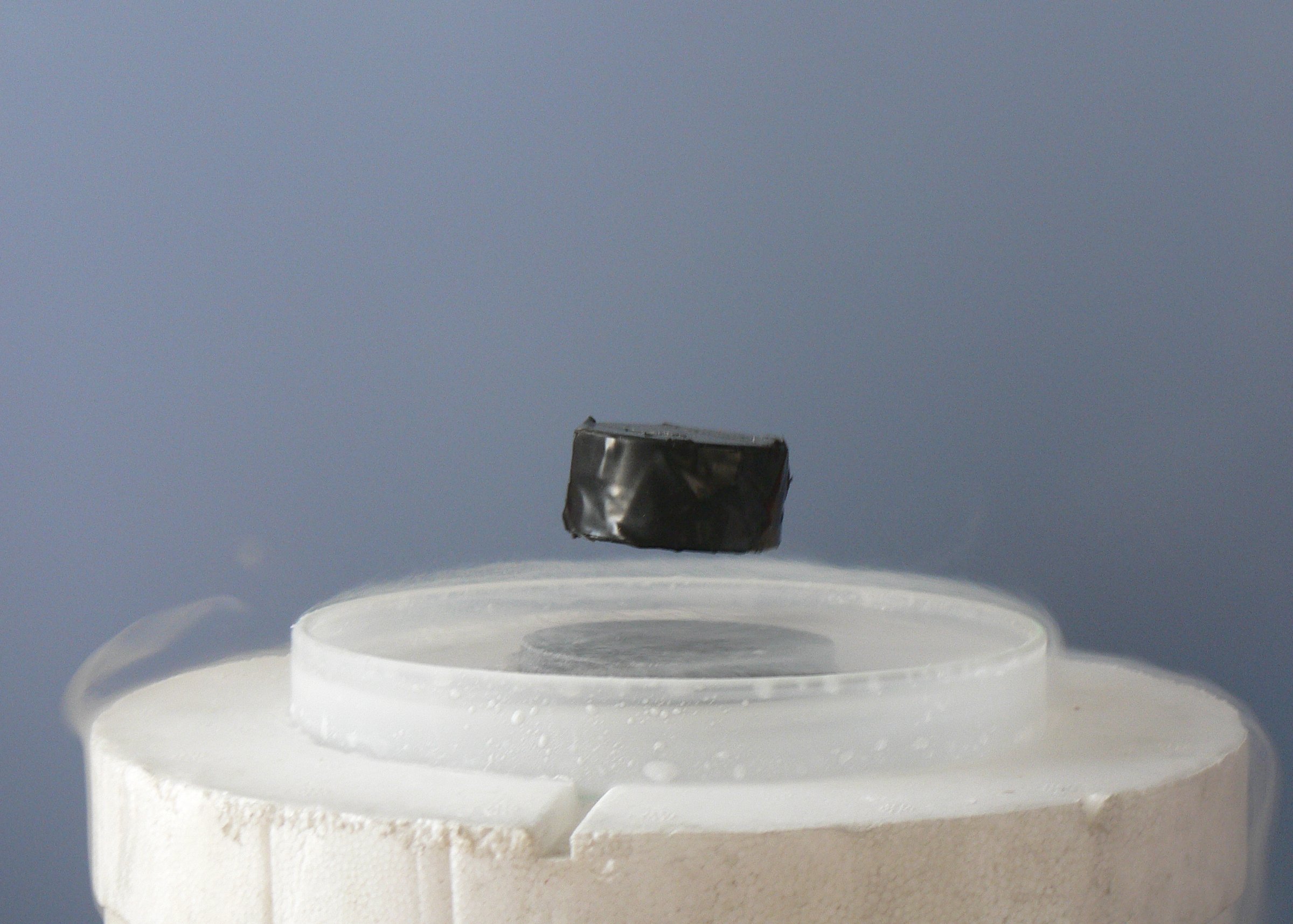
Photo from academic.microsoft.com
The hydrogen plasma-chemical processes responsible for tokamak divertor detachment are studied experimentally in the linear device Magnum-PSI, with a focus on molecular activated recombination (MAR) in hydrogen plasmas. Hydrogen plasmas… Click to show full abstract
The hydrogen plasma-chemical processes responsible for tokamak divertor detachment are studied experimentally in the linear device Magnum-PSI, with a focus on molecular activated recombination (MAR) in hydrogen plasmas. Hydrogen plasmas with electron densities up to 6 × 10 20 m − 3 were created in Magnum-PSI, and hydrogen gas puffing was used to locally enhance plasma–neutral interaction. Thomson scattering and Balmer line spectroscopy measurements show that as neutral pressure is increased, the plasma passes through regimes dominated by ionization, MAR, and electron–ion recombination in turn. Heat and particle fluxes decrease monotonically with pressure. Fulcher band measurements show that in our plasma conditions, a simple model based on Franck–Condon excitation of a thermal vibrational distribution fails to describe the vibrational distribution of the upper state. These results serve as a benchmark for modeling suites that aim to simulate the ITER divertor and motivates their accurate treatment of the discussed processes, particularly MAR.
Journal Title: Physics of Plasmas
Year Published: 2020
Link to full text (if available)
Share on Social Media: Sign Up to like & get
recommendations!